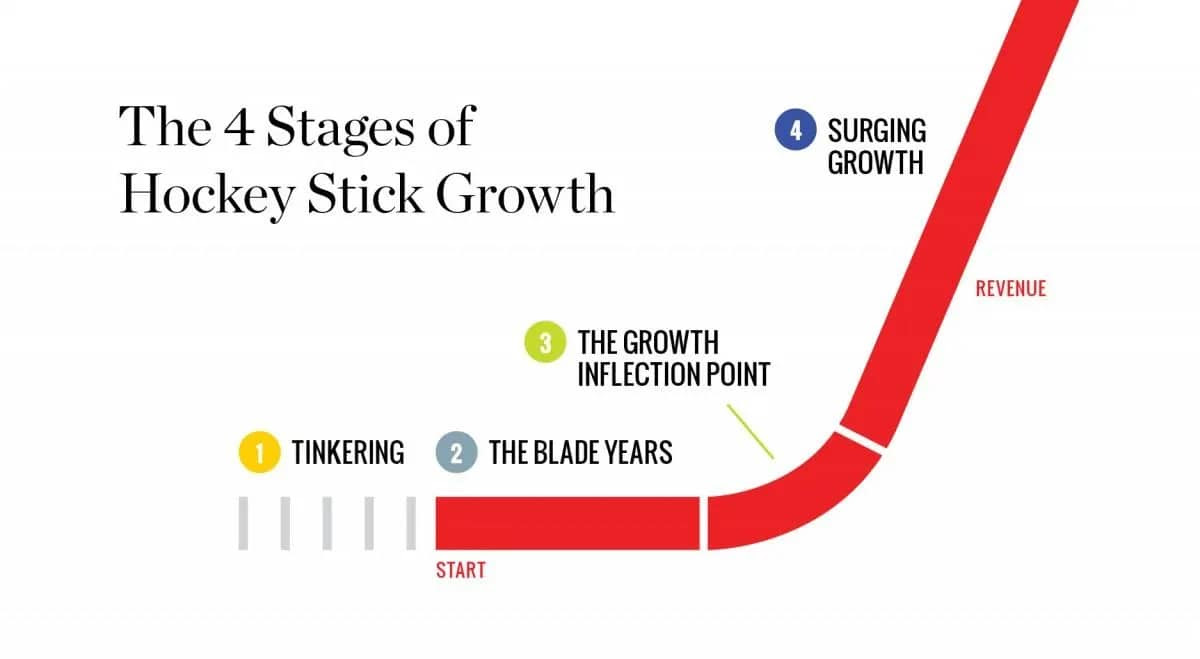🔑 Everything you should ask before buying a business
Welcome to The Business Buying Academy with Sieva Kozinsky. Here's what we have in store for you today:
- Questions to ask before buying a business
- A 133-year old business you should check out
- How he bought a business and tripled it
🔑 Everything to ask before buying a business
Let me tell you a little secret about due diligence:
Due diligence won't tell you everything about the business you're about to buy.
You can find out about 50% of what you need to know.
And you'll find out that other 50% the day after you close.
But don't worry.
The purpose of due diligence is to understand a business well enough to get to a ‘hell yes’ or a ‘hell no’ on acquiring it.
Anything less than 'hell yes' is a pass (don't talk yourself into a bad deal).
Due diligence can be a spiderweb of pathways to get to your end goal.
So let's take a look at the spiderweb and how we navigate it.
I break my due diligence down into several categories:
- Financial
- Legal
- Operational
- Customers
- People (HR & Management)
- Supply chain
- Industry
- Seller
- Growth Plan
Here's my short guide to each area:
Financial
What to gather: Audited financial statements (if applicable), tax returns, cash flows, and projections. Check for working capital trends and all liabilities.
How to analyze it: Normalize earnings to reflect sustainable performance and come up with your own list of add-backs (don't rely on the seller's without analyzing closely)
Legal
What to gather: Review contracts, IP rights, litigation history, and compliance with laws (e.g., labor, environmental).
How to analyze it: Identify deal-breakers like unresolved lawsuits, weak IP protection, or numerous expiring customers contracts.
Operational
What to gather: Examine supply chains, production processes, IT systems, and inventory management.
How to analyze it: Spot inefficiencies for quick wins post-acquisition, such as automating processes in a business with outdated tech.
Customers
What to gather: Analyze market position, customer concentration, competitive landscape, and growth potential.
How to analyze it: Validate the investment thesis. Example: Is there untapped market share for expansion?
People
What to gather: Assess key personnel, organizational structure, and employee contracts.
How to analyze it: Evaluate "key man" risks in founder-led businesses and plan for talent retention or upgrades.
Supply Chain
What to gather: Map suppliers, assess risks (e.g. single-source dependencies), and evaluate procurement costs.
How to analyze it: Look at which costs are most sensitive and how they affect margins.
Industry
What to gather: Industry reports and competitor analysis.
How to analyze it: Is the industry growing or shrinking? What are the biggest tailwinds? What multiples are others paying for businesses in this industry?
Seller
What to gather: Background check and references.
How to analyze it: Does the seller have a clean background and plenty of positive references? How do they run the company? What are they like as a person? You will inherit their culture.
The Bottom Line
Remember, due diligence isn't about finding the answer to every question. It's not possible.
It's about uncovering all the red flags you possibly can. If you find too many, walk away.
By finding the information listed above, you can understand enough about a business to get to 'hell yes' or 'hell no'.
🔑 A 133-year-old custom millwork firm built to outlast trends
In a world chasing the next big thing, there’s something refreshing about a company that’s quietly thrived for over a century.
This custom cabinetry and architectural millwork business was founded in 1891. Yes, you read that right. For over 130 years, it’s been the go-to for luxury builders, hotels, and high-end commercial spaces across the Southeast.
Its craftsmanship shows up in office towers, country clubs, and boutique hotels. But the real value? It’s under the hood: consistent cash flow, institutional-level operations, and a team of 50+ that knows how to deliver.
Why this stood out:
- A legacy worth inheriting. This business has weathered multiple recessions, tech cycles, and construction booms—and still holds a premium market position.
- Strong cash flows. With ~$2M in SDE on track for 2025 and no seller financing needed, this is a lendable deal for the right operator.
- Leadership in place. With four managers and a skilled team already running the shop, a new owner won’t be starting from scratch.
- Ready for expansion. Whether you want to add design services, enter adjacent markets, or just modernize ops—there’s a clear path for growth.
You don’t see 100-year-old businesses hit the market often, let alone ones with this much operational maturity. If you're looking for a rock-solid acquisition with upside, this is one to explore. Set up your buyer profile on Mainshares to get started.
This message is not investment advice. Do your own research before allocating capital. Thanks to our sponsor, Mainshares, for supporting thoughtful small business investing.
🔑 He bought an accounting firm - and then tripled it
My friend Patrick bought an accounting business, and then bought two more - and he's not even an accountant.
He walked me through how he purchased his first business for $1.2 million and how he found 2 more tuck-in business acquisitions.
We go over the wins, like how he's grown topline by 3.5x, and the losses, like how he lost 40% of revenue in one day on one of those tuck-in acquisitions.
Plus, he's a sponsor of this newsletter - and he's helped analyze the quality of earnings for businesses I've bought.

Have a great day,
Sieva
P.S. - Are you hiring? Get started with top global talent from Somewhere (I'm a customer and investor)
Disclaimer: nothing here is investment advice. Please do your own research. The information above is just for information and learning.


.jpg)